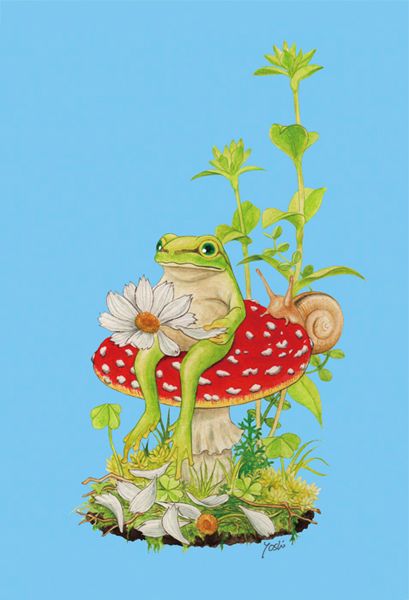Dharma went on to explain that it is uncomfortable for most of us to witness another's suffering. It can make us turn away from their distress in order to preserve our own sense of well-being. But, according to Dharma, this is the wrong approach. To prove his point, he quoted Helen Riess, a noted psychiatrist and researcher, "The ability to connect empathically with others—to feel with them, to care about their well-being, and to act with compassion—is critical to our lives, helping us to get along, work more effectively, and thrive as a society." Dharma suggests that this empathy revolution could begin in the healthcare industry. Medical professions who are confronted with pain and suffering on a daily basis tend to lose their sense of compassion. But Dharma believes that medical professionals, as well as the rest of the human race, can learn to practice empathy. Not only does empathy improve the quality of healthcare, but it also improves all human interactions, as well. “All parties are equally enriched when we perceive and respond to each other with empathy and compassion,” writes Dr. Riess. “After all, it’s the human bond that adds the music to the words in life.”
many humans confuse empathy with sympathy. But the two are completely different. With empathy, we feel along with the other person; a kind of shared experience. A sense of understanding what they are experiencing. But with sympathy, we only feel sorry for them. "Empathy," Dr. Riess writes, "Involves an ability to perceive others’ feelings (and to recognize our own emotions), to imagine why someone might be feeling a certain way, and to have concern for their welfare. Once empathy is activated, compassionate action is the most logical response." Dharma couldn't agree more, and notes, "A human's sophisticated neurological system allows them to observe others hurting and gives them just enough of a taste of the pain to consider helping them out."
Research suggests that while empathy is a built-in biological response to suffering, both humans and frogs alike need to work on it if we want to use it in more situations and start an empathy revolution. Dharma wants each of us to imagine a world where empathy is "infused into everyday life." Can you even imagine how different the world would look? Instead of looking out for only ourselves and our loved ones, we might actually think about the far-reaching implications of our actions and thoughts. How do our words and deeds impact someone we don't even know? Even young children can read facial expressions and have a desire to help those they see in need. yet adult humans often lose this sense and choose, instead, to turn away. Adults are at risk of becoming selfish.
Empathy isn't only needed when someone is suffering, it can help when it comes to dealing with those that are different from us, when we make a mistake and need self-empathy and, it can even be used with our governments. Dharma cautions that we must not use our ability to "get inside someone's head" and then use that to manipulate them rather than to show caring and compassion. That being said, the use of empathy in our everyday lives cannot be oversold. "By understanding how it works and can be augmented in ourselves and our children, we have one of the key tools to cultural transformation, Dr. Riess believes.
Dharma concluded my lesson today with this nugget of froggy wisdom, "Irwin, if this ol' world has any hope of surviving, we must all work together to start an empathy revolution. Everything from people to critters to the environment, even the survival of the planet is going to rely on kindness and compassion for the other. And it can't just be human for human or animal for animal. Every part of our planet is interconnected with every other part to form a delicate web of survival for each part, no matter how small or seemingly insignificant that part may seem." Wise words, indeed, from my mentor and teacher.
Tomorrow is Valentine's Day and to show my love for you, dear reader, I have prepared what I hope will be a fun blog to help brighten up your day.
Until we meet again, I wish you
PEACE.

 RSS Feed
RSS Feed